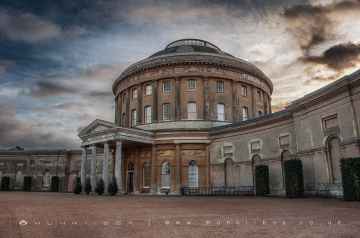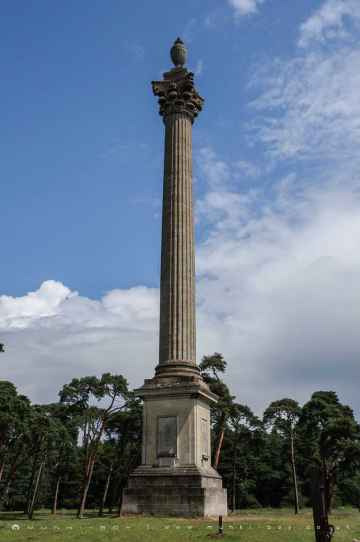Eye - Suffolk
Eye - Suffolk is a Town in the county of Suffolk.
There are great places to visit near Eye - Suffolk including some great fens, nature reserves, historic buildings, villages and historic monuments.
The area around Eye - Suffolk's best fens can be found at Lopham Fen.
There are a several good nature reserves in the area around Eye - Suffolk like Lopham Fen.
Historic Buildings to visit near Eye - Suffolk include Ickworth.
Eye - Suffolk is near some unmissable villages like Elveden,
Elveden Monument is a great place to visit close to Eye - Suffolk if you like historic monuments.
Eye - Suffolk History
There are some historic monuments around Eye - Suffolk:
Places to see near Eye - Suffolk
History of Eye - Suffolk
Before the Norman Conquest, Eye was one of the numerous holdings of Edric of Laxfield, a wealthy and influential Saxon and the third largest land holder in Suffolk. After the Norman Conquest, the importance of the town was firmly established in the region when the Honour of Eye was granted to William Malet, a Norman Lord, and continued to be held by royal or noble families until 1823. Between 1066 and 1071, Malet constructed a castle, to establish his military and administrative headquarters, and started a highly successful market, initiating the urbanisation of Eye. Later in 1086-7, William’s son Robert Malet, tenant-in-chief of the Honour of Eye in the hundred of Hartismere, founded Eye Priory, a Benedictine Priory of St Peter, a cell of the Abbey of Bernay in Normandy. Eye began to lose its strategic importance after 1173 when the castle was attacked by Hugh Bigod, 1st Earl of Norfolk, during the rebellion against Henry II, and later during the Second Barons’ War of 1265 after which it never regained its former status. Its prison continued in use up until the early 17th century despite a programme of demolition of most of the castle buildings during the 14th century. A windmill, built in 1561-62, stood on the motte until the circular mock keep was built in 1844. The ruins of the keep are still in place today, and Castle Street and Church Street trace the elliptical shape of the former outer bailey.













